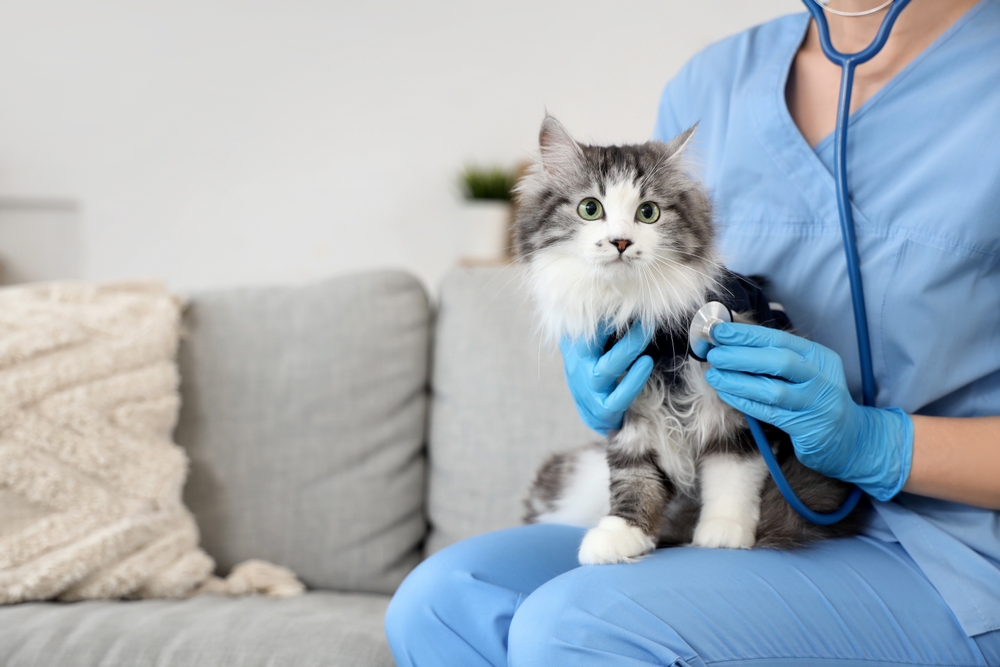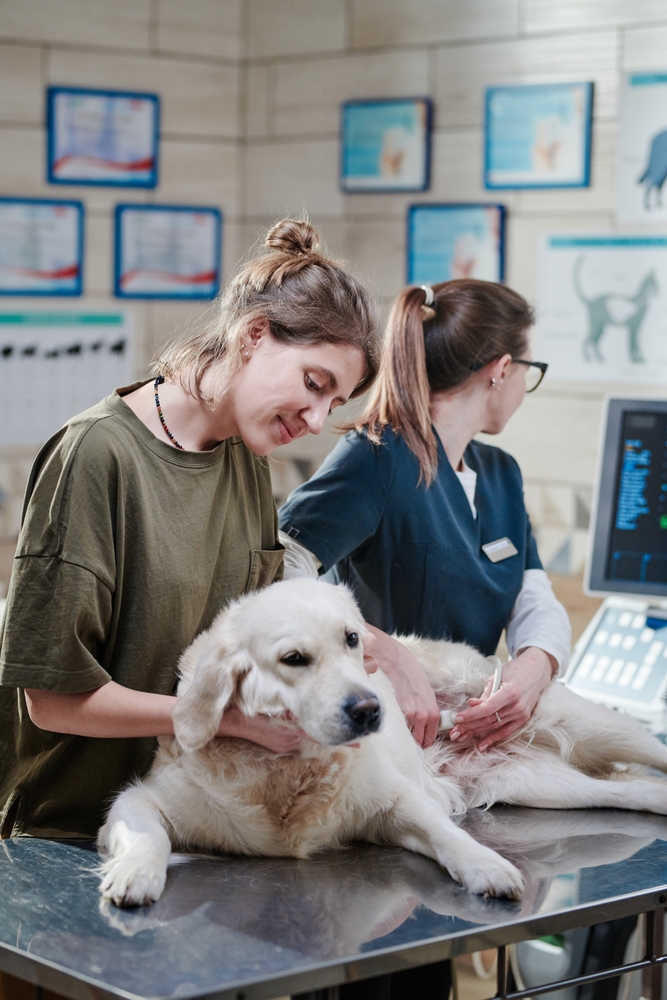True Animal Vet Blog
Learn more about veterinary care in our blog!

If you’re a pet parent in The Woodlands, you want the best for your furry companion—including a diet that keeps them healthy, active, and thriving. But with endless pet food options, conflicting advice, and ever-changing nutrition trends, it can be tough to know what’s best for your dog or cat. That’s where our expert nutrition counseling comes in. At True Animal Vet, we create customized diet plans tailored to your pet’s unique needs, helping you make informed choices that support their long-term well-being.

When your pet undergoes surgery, their recovery doesn’t just depend on rest—it relies on proper pain management to ensure they heal comfortably and safely. At True Animal Vet, we know that pet parents in The Woodlands, Texas, want the best for their furry family members. Watching your pet experience discomfort after a procedure can be difficult, but with the right approach to pain relief, we can help them get back to their happy, active selves as quickly as possible. Our team prioritizes compassionate, customized post-surgical care to ensure your pet’s recovery is as smooth and stress-free as possible.

Your pet is a beloved member of your family, and just like us, they need regular checkups to stay healthy. Routine wellness exams play a crucial role in detecting health issues early, preventing diseases, and ensuring your pet’s long-term well-being. At True Animal Vet, we believe in proactive care to help your furry companions live their best lives. Regular veterinary visits provide valuable insights into your pet’s health, allowing us to address concerns before they become serious problems.

When your pet isn’t feeling well or has an unexplained health issue, diagnostic imaging plays a crucial role in uncovering the cause. Veterinary ultrasound and other imaging techniques provide non-invasive ways to examine internal organs, identify abnormalities, and guide treatment decisions. At True Animal Vet, we use advanced diagnostic imaging to ensure your pet receives accurate and timely care.

As pet owners, we want nothing more than to ensure our furry companions lead healthy and happy lives. One of the simplest yet most impactful ways to safeguard their well-being is through annual vaccinations. Vaccinations are a cornerstone of preventative veterinary care, protecting pets from a range of serious, often life-threatening diseases. Here’s why keeping up with your pet’s vaccination schedule is essential.

At True Animal Vet, we understand that the thought of your beloved pet undergoing surgery can be stressful. That’s why we’re committed to providing the highest quality care, ensuring that every procedure is performed with precision, compassion, and a focus on your pet’s well-being. From routine procedures to complex surgeries, our skilled team is here to help your furry companion live a healthier, happier life.

Welcoming a new puppy or kitten into your home is an exciting and joyful experience. As a pet parent, one of the most important steps you can take to ensure your furry friend’s health is staying on top of their vaccination schedule. Vaccinations are essential for preventing life-threatening diseases and ensuring your pet grows up strong and healthy. At True Animal Vet in The Woodlands, Texas, we’re here to partner with you every step of the way.

As pet owners, we do everything possible to ensure our furry friends lead healthy and happy lives. While annual check-ups, vaccinations, and a balanced diet are well-known aspects of pet care, one crucial tool often overlooked is regular blood testing. Blood tests are not just for diagnosing illnesses—they're an essential part of preventive care that can uncover hidden health issues before symptoms appear.

Spaying and neutering are crucial aspects of responsible pet ownership. These procedures prevent unwanted litters, reduce certain health risks, and can positively affect your pet’s behavior. However, knowing the right age to spay or neuter a pet can be challenging, as it depends on the animal’s breed, health, and individual needs. Let’s explore the benefits and considerations of spaying and neutering at different stages of life.

As pet owners, we want our furry companions to lead long, healthy, and comfortable lives. However, pets can develop chronic conditions that require long-term care and management. Two of the most common chronic issues in pets are arthritis and diabetes. With the right knowledge and support from a trusted veterinarian, these conditions can be managed effectively, ensuring your pet enjoys a good quality of life.










